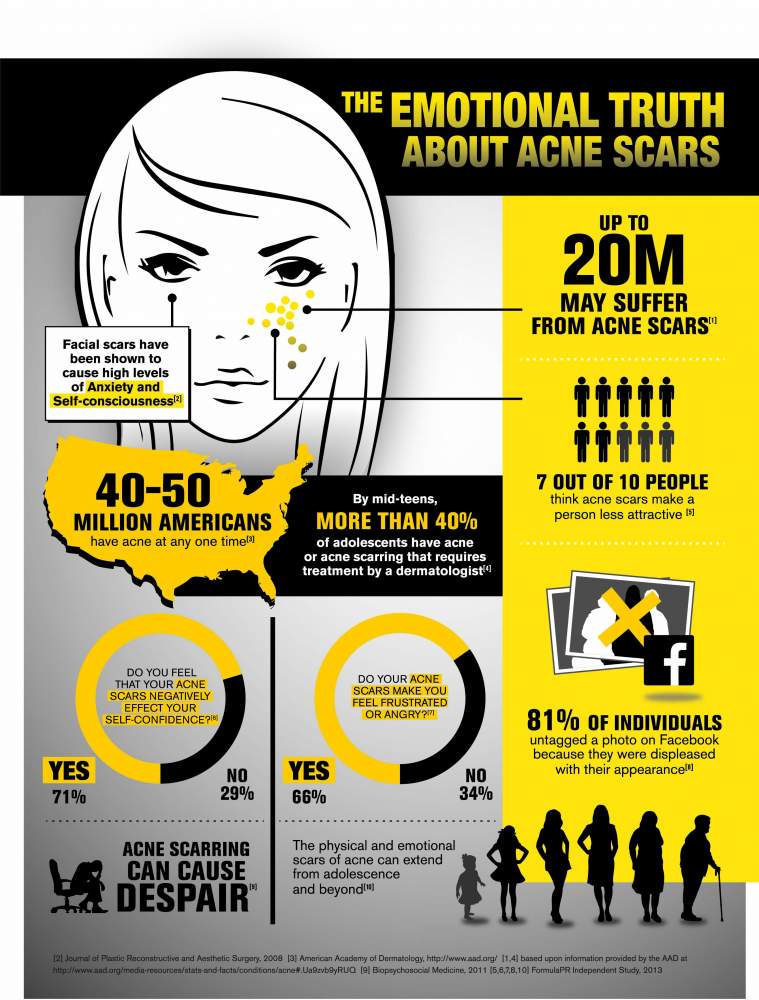Myths And Realities Concerning Acne: Debunking Common Misconceptions
Myths And Realities Concerning Acne: Debunking Common Misconceptions
Blog Article
Short Article Developed By-Upton Morse
You could believe that indulging in delicious chocolate or greasy foods is the root cause of your acne, but that's just among lots of misconceptions swirling around this typical skin problem. Actually, acne primarily comes from blocked hair roots, not your last treat. Misunderstandings like these can lead you to adopt inefficient skincare techniques that may even aggravate your circumstance. As you browse the facts behind acne, you'll discover understandings that can transform your approach to skin care and assist you achieve clearer skin. So, what truly exists underneath the surface area?
Common Myths About Acne
When it pertains to acne, many people believe in common misconceptions that can bring about complication and irritation. One widespread myth is that eating chocolate or oily foods creates acne. While diet regimen can affect skin health, the direct link between specific foods and acne isn't as well-defined as many think.
An additional usual false impression is that you must scrub your face intensely to clear up outbreaks. In truth, aggressive rubbing can irritate your skin and intensify acne.
You might also believe that acne only influences teens, but adults can experience it also, frequently as a result of hormonal adjustments or anxiety. https://www.healthline.com/health/cosmetic-surgery/mid-face-lift assume that sun tanning can clean up acne, but sun direct exposure can in fact lead to skin damage and worsen outbreaks over time.
Lastly, numerous believe that using harsh products will eliminate acne swiftly. Nonetheless, these products can strip your skin of its natural oils, resulting in increased inflammation and even more breakouts.
Scientific Facts Behind Acne
Understanding the clinical facts behind acne can empower you to tackle this common skin disease better.
Acne happens when hair follicles end up being blocked with oil, dead skin cells, and germs. This process commonly begins with an overproduction of sebum, the oil your skin normally creates. Hormonal changes, particularly throughout puberty or menstruation, can trigger this excess oil.
Germs referred to as Propionibacterium acnes grow in these blocked pores, resulting in swelling. When your body immune system responds, it can create soreness and swelling, resulting in those troublesome pimples or cysts.
Genes additionally contribute; if your moms and dads had acne, you could be more prone to it.
https://trentonsshqz.blogpayz.com/32281598/look-into-these-top-10-acne-treatment-items-that-might-change-your-skin-care-video-game-your-remarkable-complexion-waits-for and anxiety levels can influence acne also, however research is still progressing in these locations. While delighting in oily foods won't straight cause outbreaks, a well balanced diet plan can support your skin health.
Similarly, handling anxiety can lower hormonal fluctuations that might get worse acne.
Tips for Managing Acne
Taking care of acne successfully calls for a combination of day-to-day skin care behaviors and lifestyle modifications. Start by developing a consistent skin care regimen. Cleanse your face two times a day with a gentle, non-comedogenic cleanser to remove dirt and excess oil. Prevent rubbing as well hard, as this can aggravate your skin and get worse acne.
Next, include products having salicylic acid or benzoyl peroxide to aid protect against breakouts. Constantly follow up with a light-weight, oil-free moisturizer to maintain your skin hydrated. Don't fail to remember sunscreen; opt for non-comedogenic options to safeguard your skin from UV damages without obstructing pores.
Past skincare, pay attention to your diet. Limit sweet and greasy foods, and concentrate on fruits, vegetables, and entire grains. Staying moisturized is crucial, so drink plenty of water throughout the day.
In addition, manage stress and anxiety via tasks like yoga exercise, reflection, or workout, as tension can cause breakouts.
Lastly, stay clear of selecting or popping pimples. This can bring about scarring and additional swelling. If your acne persists, speak with a dermatologist for tailored treatment choices.
Conclusion
Finally, it's vital to different fact from fiction when it concerns acne. By debunking typical myths, you can much better comprehend your skin and make notified choices for your skincare regimen. So, why remain to rely on outdated ideas when the fact can equip you? Embrace healthier practices, focus on gentle cleansing, and remember that managing acne is a journey. With the appropriate understanding, you're one step closer to clearer, healthier skin.
